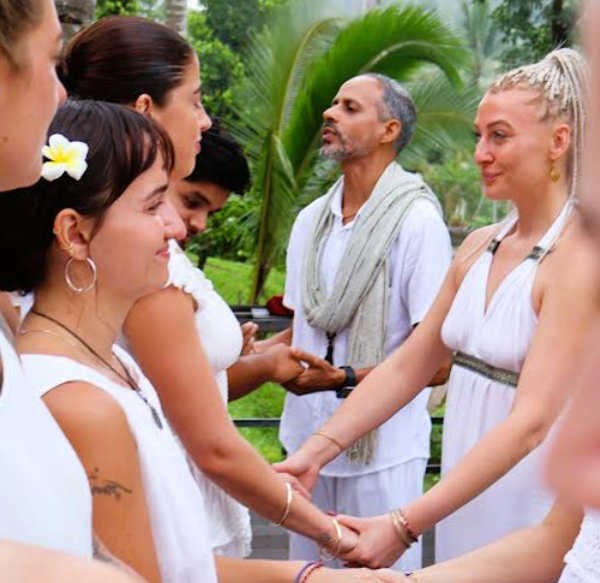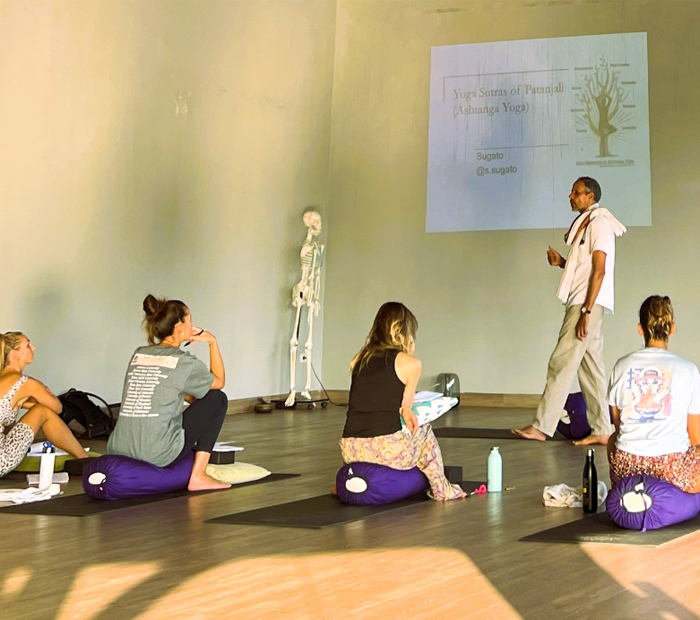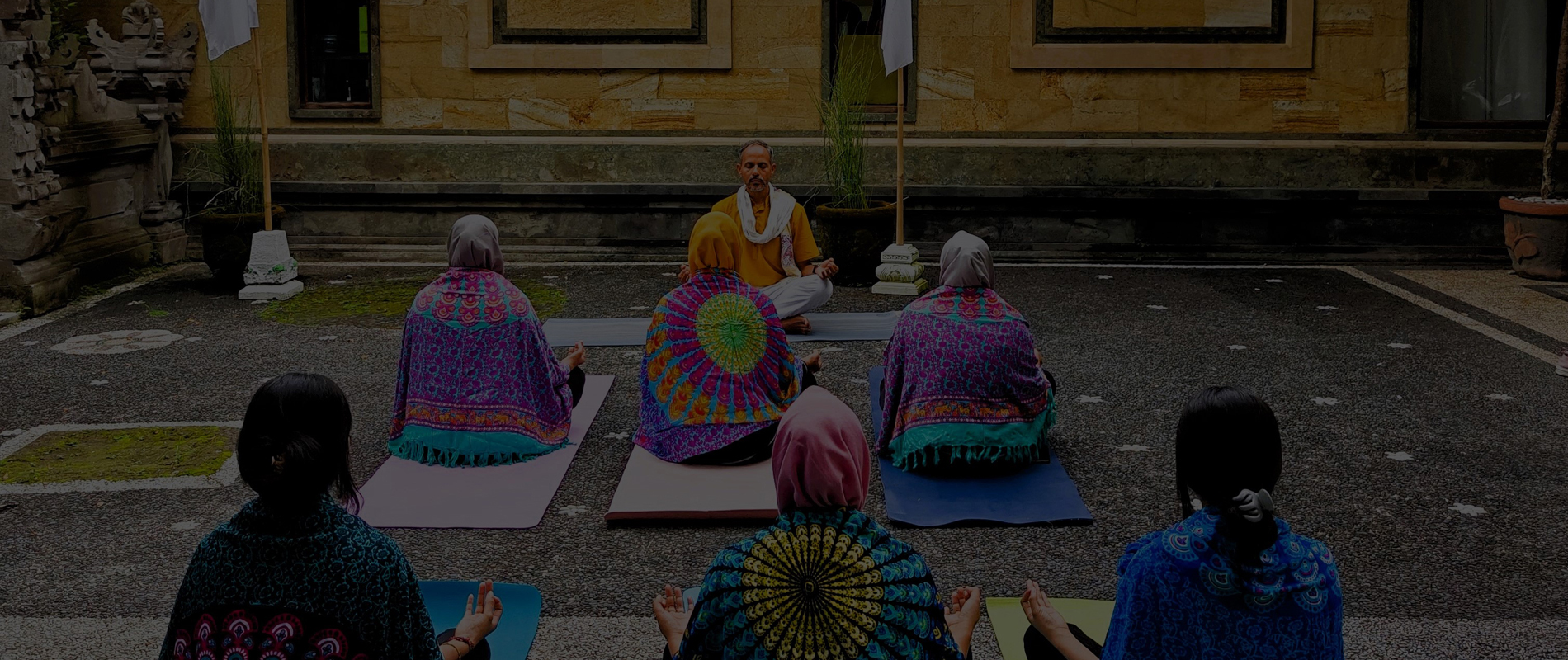Tantric experience means neither to be repressive nor to be indulgent. Tantric experience is possible only if you move deep into meditation, otherwise not. When you become very very still, silent aware, and alert then only is it possible that you will know something of Tantra. Otherwise, Tantra can also become an excuse for indulgence. Osho

This 3 days meditation retreat focuses on the meditation techniques from Vijnana Bhairava Tantra, one of the most extraordinary ancient texts and provides for exploration of these practices for profound self-awareness and spiritual insight.
Vijnana Bhairava Tantra comes from the tradition of Kashmir Shaivim and is considered an important text on Meditation for seekers trying to reach the highest state of reality. Written as a dialogue between Shiva and Shaki, it describes 112 meditations of various types. It is said that every person can find at lease one meditation out of these 112, which they can practice effortlessly.
In one of the introduction sutras, Shiva says that the ultimate state of bliss and ecstasy lies inside each one of us and can be experienced only when the mind becomes still and free of all thoughts and other constructs. These techniques show us various ways to reach that ultimate state of bliss.
The Vijnana Bhairava techniques are considered scientific in nature and don't require any faith. In fact, while revealing these techniques, Shiva doesn’t engage into any intellectual explanations. Alll one has to do is to try them and see the result directly for themselves.

During the retreat, participants engage deeply with a few selected techniques from these 112 meditations. The retreat includes:
Introduction and Teachings: Discussions on the philosophy and background of the Vijnana Bhairava Tantra, including the nature of the 112 techniques and their purpose.
Daily Meditation Sessions: Focused practice of various techniques, which might include breath awareness, sound meditations, active meditations, or visualizations, guided by experienced instructors.
Integration Practices: Time for reflection and discussion, allowing participants to integrate their experiences and insights into daily life.
Mindful Activities: Supportive practices like mindful eating and walking to complement meditation and enhance overall awareness.
We warmly invite to you immerse yourself in the transformative power of these ancient techniques to, foster a deeper connection with your inner selves.
Typical Schedule For The Retreat
- 6:30 AM – 7:30 AM: Active meditation
- 7:30 AM – 8:30 AM: Breakfast
- 9:00AM – 10:00 AM: Guided Meditation
- 10:00 AM – 10:30 AM: Tea Break
- 10:30 AM – 12:30 PM: Guided Meditation
- 12:30 PM – 1:30 PM: Lunch
- 1:30 PM – 3:000 PM: Rest and Personal Reflection
- 3:000 PM – 4:30 PM: Guided Meditation
- 4:00 PM – 4:30 PM: Tea Break
- 4:30 PM – 6:00 PM: Guided Meditation based on a Vijanana Bhairava Tantra technique
- 6:00 PM – 7:00 PM: Dinner
- 7:30 PM – 8:30 PM: Evening Reflection /Satsang
- 8:30 PM: Rest
